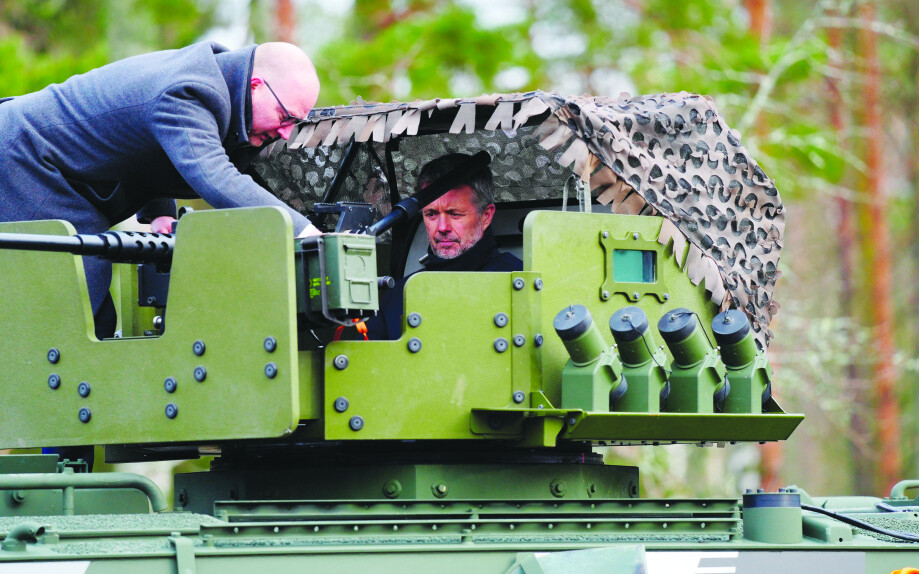
Helsinki – In a significant display of Nordic solidarity, Denmark and Finland signed a comprehensive defense cooperation agreement on Tuesday, solidifying their commitment to regional security amidst escalating geopolitical uncertainties. The pact, signed by Danish Defence Minister Troels Lund Poulsen and his Finnish counterpart, Antti Häkkänen, in Helsinki, aims to enhance collaboration in the Baltic Sea, NATO training missions, and F-35 fighter jet operations.
The agreement comes at a critical juncture, as Russia’s war in Ukraine continues to destabilize the European security landscape. "We live in uncertain times with war on European soil – Nordic unity is crucial," stated Poulsen, emphasizing the agreement's role in bolstering regional resilience.
Key provisions of the pact include joint F-35 training exercises in challenging Nordic environments, personnel exchanges between the two nations' armed forces, and the exploration of joint procurement opportunities, particularly for strategic assets such as air refueling tankers. These initiatives build upon Denmark's existing trilateral defense agreement with Norway and Sweden, signed in 2021, and the recent decision to collaborate with the Norwegian-Finnish firm Nammo to revitalize an ammunition plant in Elling, Denmark, by 2027.
Poulsen highlighted the potential for increased efficiency through mutual support, stating, "Finns might handle tasks for us; we’ll reciprocate." He also expressed his ambition to achieve a Nordic consensus on joint defense acquisitions by 2025, aiming to strengthen the region's collective defense capabilities within NATO.
The agreement coincides with heightened tensions in the Baltic Sea, characterized by infrastructure disruptions and concerns over hybrid warfare. The most recent incident involved a suspected sabotage attempt on Gotland's water supply, where a power cable to a water pump was deliberately severed, posing a significant threat to the island's 61,000 residents.
The defense pact between Denmark and Finland underscores a strategic shift towards greater self-sufficiency in European defense, particularly in light of uncertainties surrounding future U.S. security commitments. By deepening their cooperation, both nations are signaling their determination to safeguard regional stability and enhance their collective defense posture in an increasingly volatile security environment.
[Copyright (c) Global Economic Times. All Rights Reserved.]






























